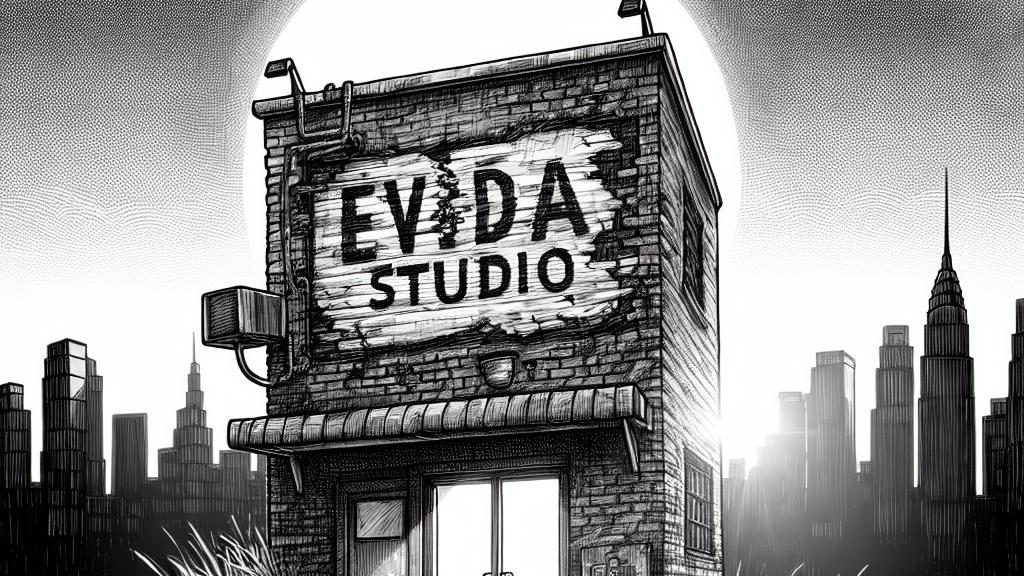Sony Announces Closure of Firewalk Studios after CONCORD's Failure
Overview
- Sony Interactive Entertainment's shocking decision to shutter Firewalk Studios reveals the harsh realities of game development.
- Just weeks after its launch, the FPS CONCORD struggled to gain traction and was quickly canceled, highlighting fierce industry competition.
- Amid ongoing layoffs, Sony commits to helping affected employees transition to new roles within its global network.

Closure Announcement in Japan
Sony Interactive Entertainment (SIE) recently made headlines in Japan by announcing the closure of Firewalk Studios, a decision that has left many stunned. This closure occurred shortly after the release of their highly anticipated first-person shooter (FPS) game, CONCORD, which launched on August 23, 2024. Sadly, within just ten days, Sony pulled the plug on CONCORD’s servers due to minimal player engagement and unsatisfactory sales figures. Despite the staggering investment of over $400 million and nearly eight years spent in development, the game only managed to attract a maximum of 697 players on Steam. This rapid decline serves as a potent reminder of how unforgiving the competitive gaming landscape can be, where financial backing and development time do not guarantee success.
Reasons Behind the Failure
The swift failure of CONCORD can be traced back to several crucial factors that interacted in a detrimental way. Firstly, the oversaturation of the hero shooter genre played a significant role; the market is already flooded with established titles like Overwatch and Apex Legends, which dominated players' attention. Additionally, the $40 price tag likely deterred many gamers, who may have felt hesitant to invest in a new property amid stiff competition. Critics noted that while the gameplay mechanics were polished, the absence of innovative features left it blending into the background of more dynamic shooters. Internal feedback from SIE further emphasized the evolving expectations of players in the genre, highlighting that CONCORD failed to meet these challenges head-on. Ultimately, the game’s inability to capture interest quickly resulted in its cancellation before it could truly find its footing.
Impact on the Gaming Industry
The closure of Firewalk Studios is not merely an isolated incident; it signals a fundamental shift in the gaming industry, one marked by increasing layoffs and sudden studio shutdowns. Over 200 employees are now facing an uncertain future as Sony seeks to assist them in finding new opportunities within its extensive network. Moreover, this situation raises pressing questions about how game studios can successfully navigate an environment full of uncertainty. Recent closures, including cuts at major companies like Microsoft and Netflix, underscore a growing trend of industry consolidation and the struggles that accompany it. As studios learn from the rapid rise and fall of CONCORD, they must find ways to align creative ideas with market demands and embrace resilience. The hope is that by leaning into innovative strategies, both established and emerging developers can foster a healthier ecosystem that encourages creativity and supports new ventures in game development.

Loading...